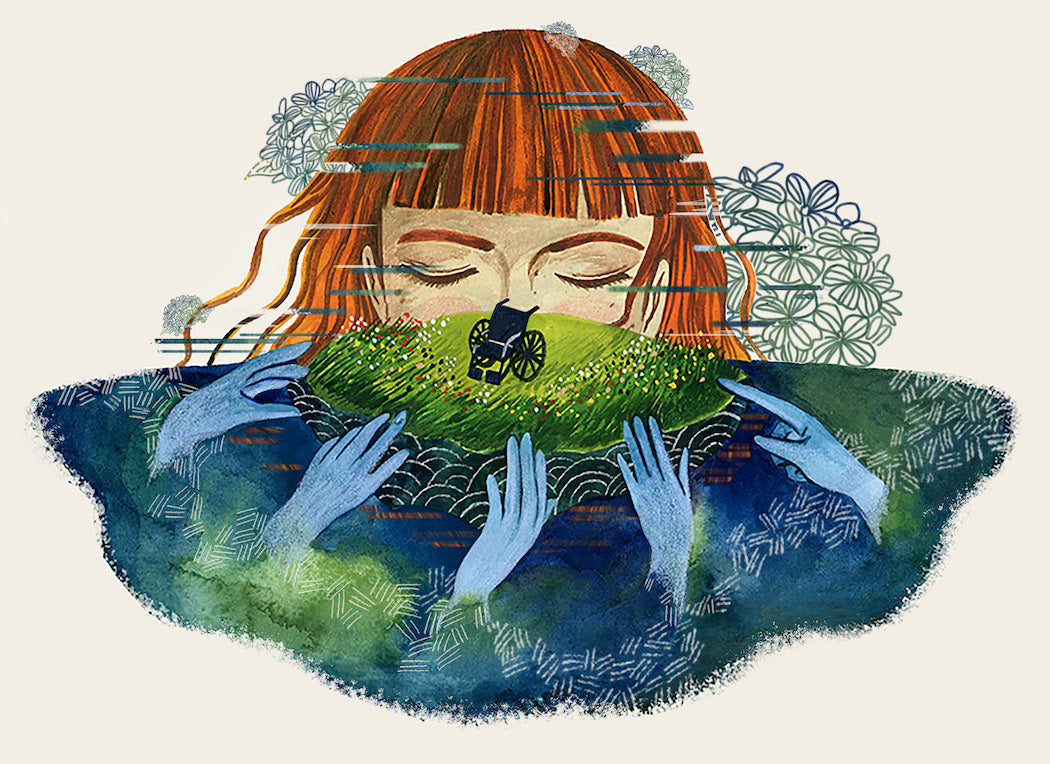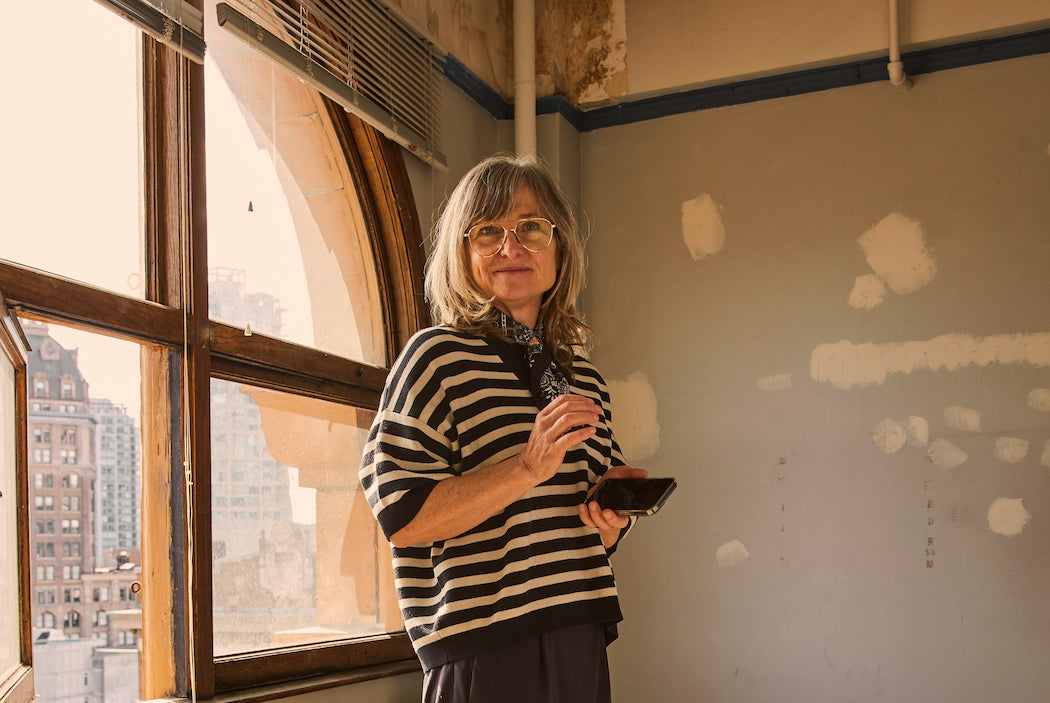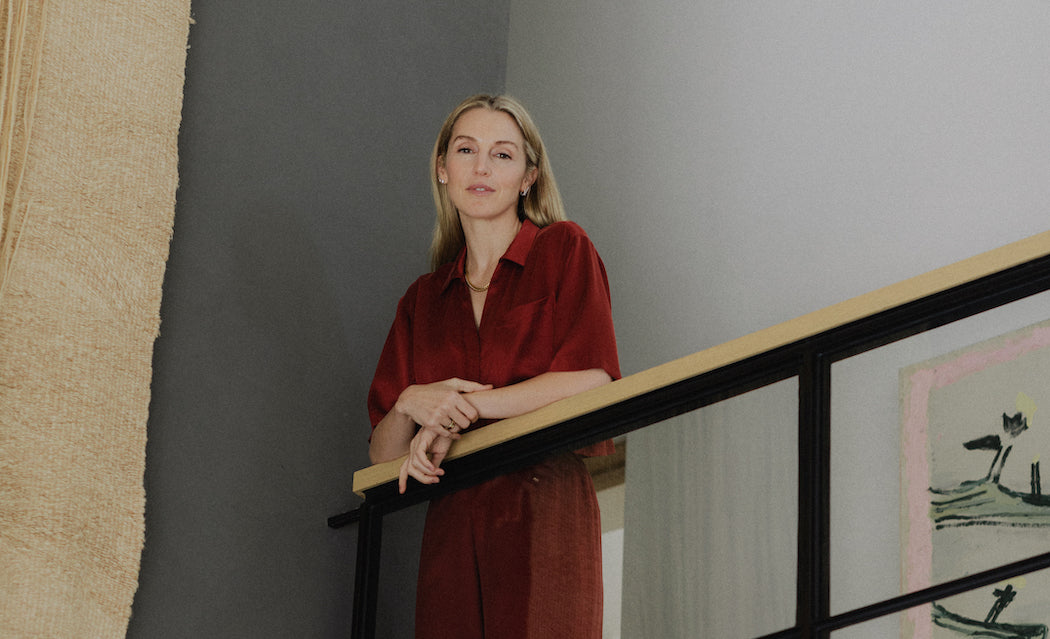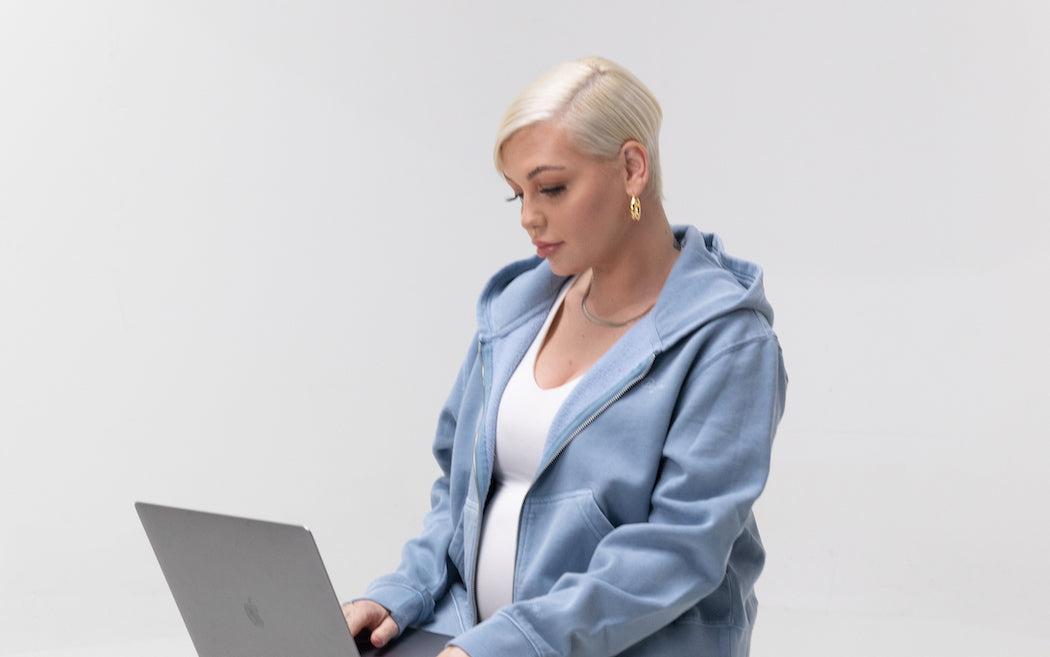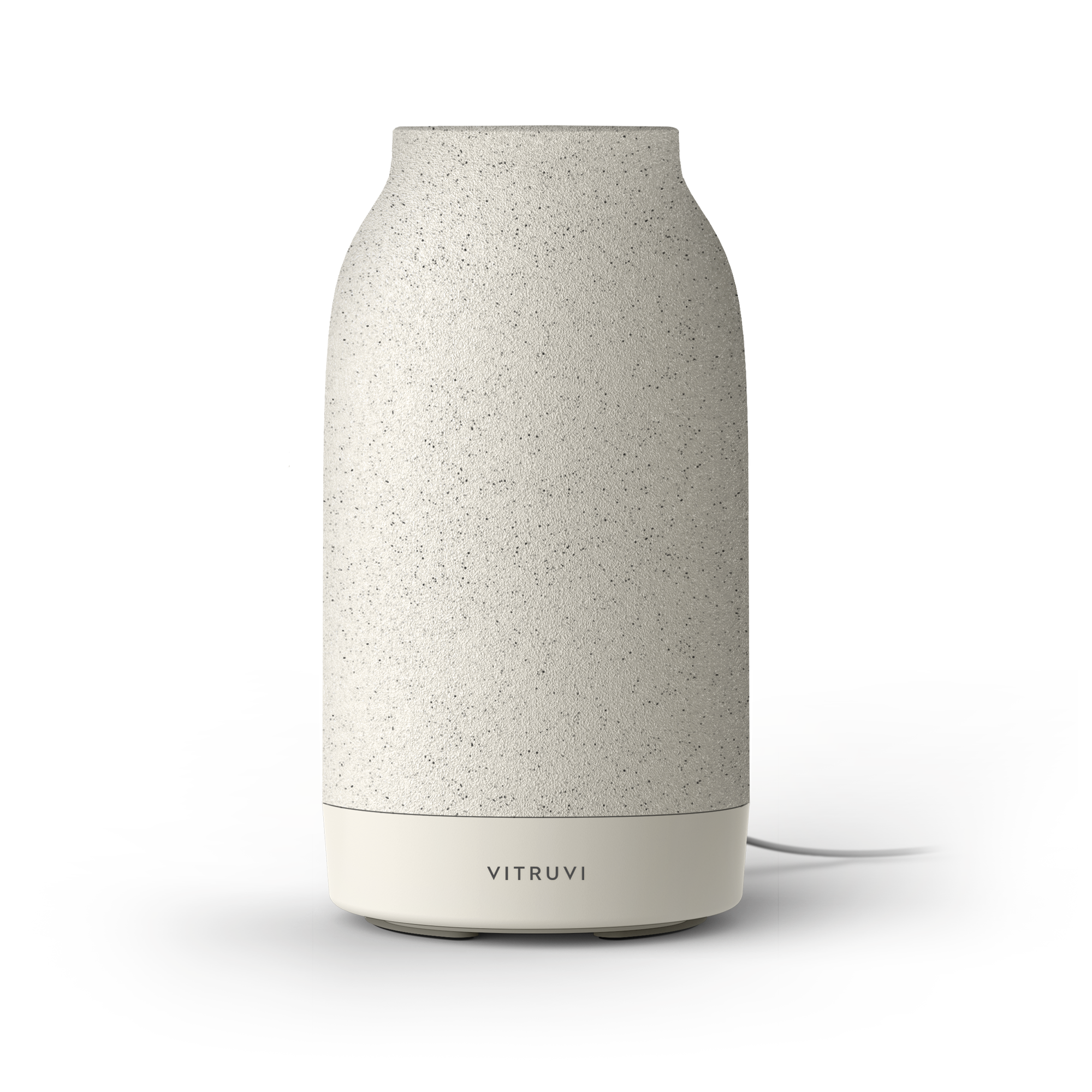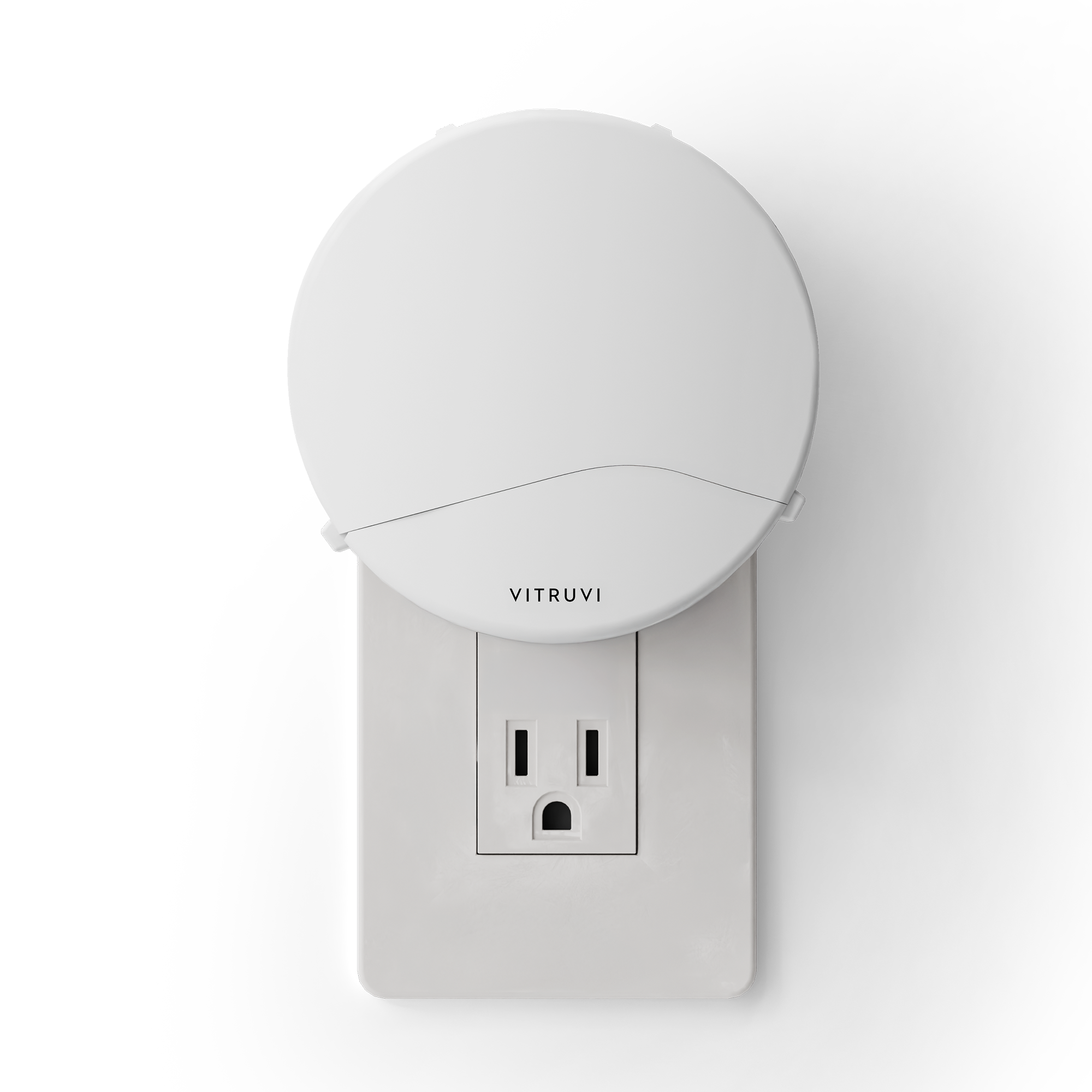“Have you got someone to help you?”
These were the innocent words of a kind lady at my local open-water swimming spot recently. I’m a regular there and was taken aback by the assumption that I must be waiting for assistance. Why else, she must have thought, would I have been sitting quietly in my wheelchair at the side of the lake? Well, the reality is that I was waiting for the eager rush of swimmers to die down so that I could transfer to the ground and slowly bum-shuffle my way along the slope and into the lake independently, without impeding anyone else’s entry. A subtle shift in her language, such as, “Do you need any help?” could have conveyed a more beneficent attitude—one that didn’t assume some kind of perceived deficit in me.
My shock at this lady’s presumptions resulted in my blurting out, “Yes: me!” and then trying to moderate my response with a calm explanation of how I was going to get into the water. But by then, the damage was done. We were both embarrassed and slightly squirming.
I experience this kind of benevolent ableism all too often.
To put the situation in context, I’m a 46-year-old paraplegic. I live alone. Three years ago, I competed at the Commonwealth Games in paratriathlon. In 2016, I was European champion and ranked number one in the world. I can do most things for myself (just don’t ask me to change a light bulb)—so naturally, I’m surprised when people respond to me as if I am weak, needy, or unable to request help when required. My legs may not be in good working order, but my vocal cords are.
To someone who is not subject to these microaggressions on a daily basis, it may sound like I’m being oversensitive. But no matter how small they are, they add up—and they hurt.
A microaggression is an indirect expression of bias against marginalized groups that leave the recipients feeling affronted. Microaggressions are usually uttered innocently and without aimed offence, but they portray an unconscious attitude that the target is somewhat lesser, lacking, or lower in the social hierarchy. As the comedian and activist Stella Young said at TEDxSydney in 2014: “I want to live in a world where we don’t have such low expectations of disabled people that we are congratulated for getting out of bed and remembering our own names in the morning.”
Ableism is the discrimination against people who are labelled as disabled. I distinctly say people who are labelled this way, because the social model of disability asserts that people are disabled not due to some kind of physical or mental deficiency or lesser ability, but by the fact that society is not accessible enough to meet their differing needs. This excludes them—me—from experiencing full inclusion, choice, and access to services.
In contrast, benevolent ableism—a form of microaggression—refers to attitudes or behaviours that are intended to help people, but that actually reinforce ableist cultural values and make those labelled as disabled feel more segregated, singled out, and disempowered rather than integrated and included. The implication is that the “helper” is more able than a “disabled” person such as myself, and knows what I need without actually asking me.
This is not theoretical; it’s my lived experience. I’ll never forget the day I was out getting some fresh air in my village in Britain, pushing up a hill that I traverse regularly. A man stopped his van, leapt out, and rushed towards me. At first, I was a little scared and perplexed; I thought I was about to be attacked. Fear and confusion quickly turned to horror, however, when he started pushing my chair up the hill. He didn’t even say hello before manhandling me. I enquired brusquely, “What are you doing?” followed by, “Never touch someone’s chair without asking!” I think he was a little taken aback at my lack of gratitude, because his behaviour was coming from a place perceived as good. But I had not requested his help—he had simply assumed that I needed it.
As a disabled person, if you reject benevolent offers of assistance, you are sometimes viewed as ungrateful, aggressive, or having a chip on your shoulder. But it’s the shock of being seen as a victim when my own identity is of a strong, independent person that creates the possibility of backlash. It’s as if I have to be overly assertive to re-establish my place in society’s invisible pecking order.
Since I became paraplegic eight years ago, I’ve worked on smiling sweetly and rejecting unwanted offers of help graciously, with the knowledge that the motivation comes from a well-meaning place. Should I keep doing so to keep the peace—just suck it up—or should I try to explain my position? Usually, my response depends on my mood; I choose my battles. Some days, nothing can upset me and everything trickles over me like water off a duck’s back. Other days, people’s well-intentioned remarks remind me that I am perceived to have lesser capabilities and inadequacies. The thing is, I often forget I’m sitting in a wheelchair until someone reminds me.
I don’t feel “disabled” unless a building is inaccessible or a person acts differently around me. I just want to be treated equally, while also having my access needs catered to. Can I have it both ways? Maybe not. But sometimes the last drop of someone’s assumed idea of “help” makes the cup run over.

